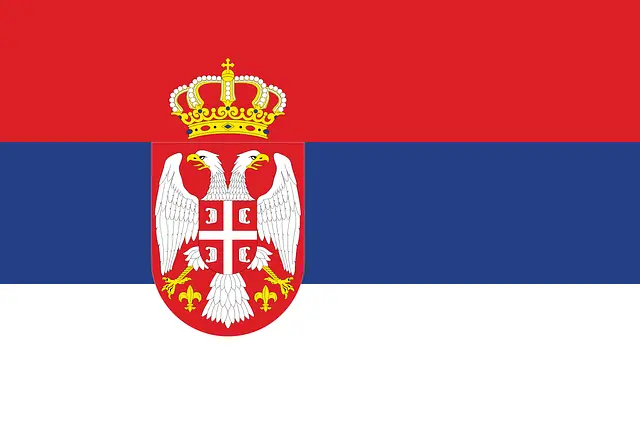Scholarship details
The 2024 Archaeology and Anthropology Scholarship in Serbia offers a unique opportunity for students passionate about uncovering ancient civilizations and understanding human cultures. This article delves into the details of the scholarship, insights into the host organization, and why Serbia is an exciting destination for students in these fields.
Host Organization: A Beacon of Learning
The scholarship is hosted by the Archaeological Institute, a renowned institution under the Serbian Academy of Sciences and Arts. Founded in 1947, the institute has been a leader in archaeological research in Southeast Europe. It boasts a diverse team of experts specializing in various historical periods, from prehistoric times to the Middle Ages.
The Archaeological Institute offers state-of-the-art facilities, including advanced laboratories for material analysis, extensive archives, and a rich library that supports a wide range of research needs. The institution collaborates with international universities and museums, enhancing its role as a global leader in archaeological studies.
The institute’s approach integrates anthropology with archaeology, providing a holistic understanding of human societies. By examining material remains alongside cultural practices and social structures, researchers offer comprehensive insights into past human life.
Insights into the Host Country: Serbia’s Rich Tapestry
Serbia, located at the crossroads of Central and Southeast Europe, has an incredibly rich historical tapestry. Its strategic location has made it a melting pot of cultures over millennia, from ancient Roman settlements to medieval kingdoms, Ottoman influences, and Austro-Hungarian legacies.
Historical Significance
Serbia is home to numerous archaeological sites of regional and global importance. The Roman city of Viminacium, once a bustling metropolis on the Danube River, provides invaluable insights into Roman civilization beyond Italy. Similarly, Lepenski Vir, one of Europe’s earliest sedentary communities, dates back to 7000 BC.
Belgrade Fortress, overlooking where the Sava River meets the Danube River, stands as another testament to Serbia’s layered history, having witnessed countless battles and rulers from various empires.
Cultural Diversity
Serbia’s cultural diversity enhances its appeal for anthropological study. Influences from Slavic traditions, Ottoman customs, and Austro-Hungarian refinement create an eclectic blend of cultures. This diversity extends beyond tangible artifacts to include folklore traditions like music, dance (such as Kolo, a traditional circle dance), and unique culinary practices.
Natural Beauty
Beyond its rich history and culture, Serbia boasts natural beauty. Majestic mountains like Kopaonik offer stunning vistas, while rivers like Tara provide serene landscapes perfect for reflection or exploration between academic endeavors.
The Scholarship: An Overview
The Archaeology and Anthropology Scholarship covers tuition fees for one academic year at undergraduate or postgraduate levels at partner universities associated with the Archaeological Institute. It also provides living stipends to cover accommodation costs and incidental expenses vital for conducting fieldwork or traveling around relevant sites in Serbia.
Eligibility Criteria
Applicants must have strong academic records, demonstrated through transcripts and recommendation letters from two reputable scholars familiar with their work ethic and passion for archaeology or anthropology. They should submit detailed proposals outlining their intended research topics and how studying in Serbia will contribute to their broader scholarly objectives.
Application Process
Applications are accepted online via dedicated portals provided by the host organization. Essential documents include proof of identity (passport copy), certified copies of educational qualifications, proposal documents, and recommendation letters. The application deadline typically falls around early spring annually, so potential candidates should prepare well in advance.
Benefits Beyond Financial Support
Recipients benefit from networking opportunities with leading experts in their fields through regular workshops and seminars. Field trips to actual sites bridge the gap between theoretical knowledge and practical application, adding immense value to the overall learning journey.
Why Choose Serbia?
Choosing Serbia goes beyond the financial aid provided by the scholarship program. The wealth of opportunities for those passionate about delving into the past, uncovering untold stories, and understanding human cultures makes it an ideal destination. Serbia’s welcoming nature ensures a smooth transition for international students, making the experience enriching both academically and personally.
This scholarship is a remarkable opportunity for anyone serious about forging a successful career in archaeology or anthropology, offering the perfect blend of academic excellence, cultural diversity, and natural beauty.





















